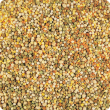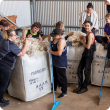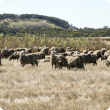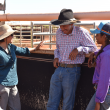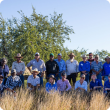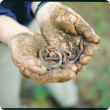Filter by regions:
- South West (1250) Apply South West filter
- Great Southern (1208) Apply Great Southern filter
- Wheatbelt (1010) Apply Wheatbelt filter
- Mid West (982) Apply Mid West filter
- Peel (959) Apply Peel filter
- Goldfields-Esperance (891) Apply Goldfields-Esperance filter
- Perth regions (789) Apply Perth regions filter
- Gascoyne (734) Apply Gascoyne filter
- Kimberley (651) Apply Kimberley filter
- Pilbara (609) Apply Pilbara filter




